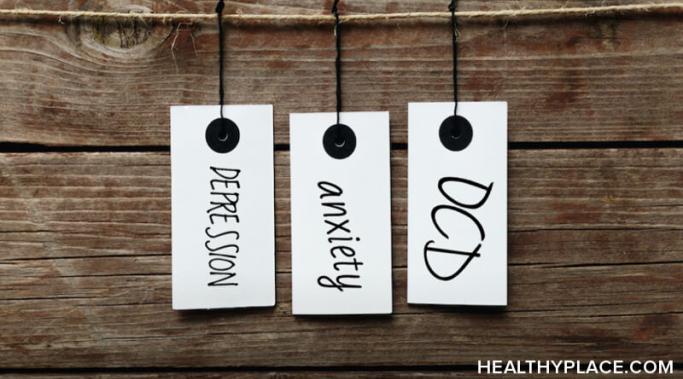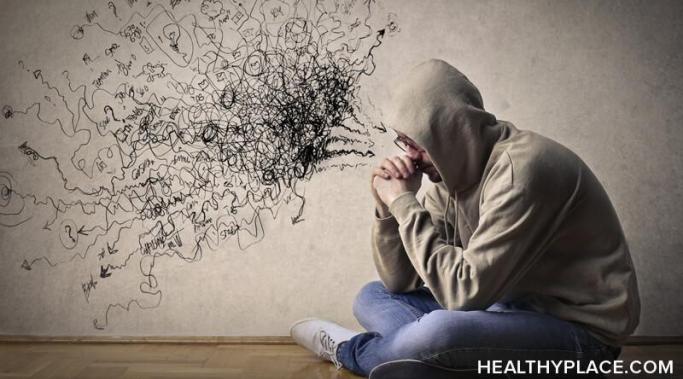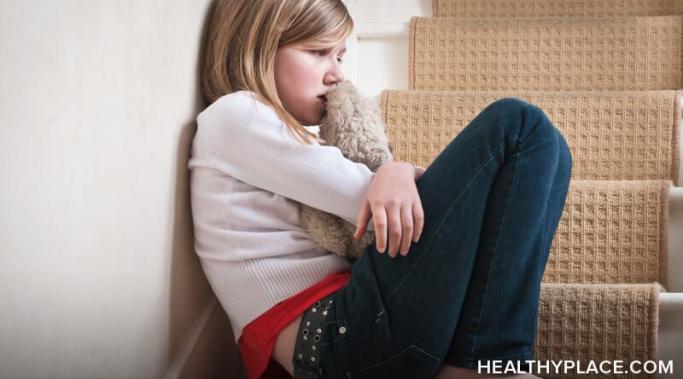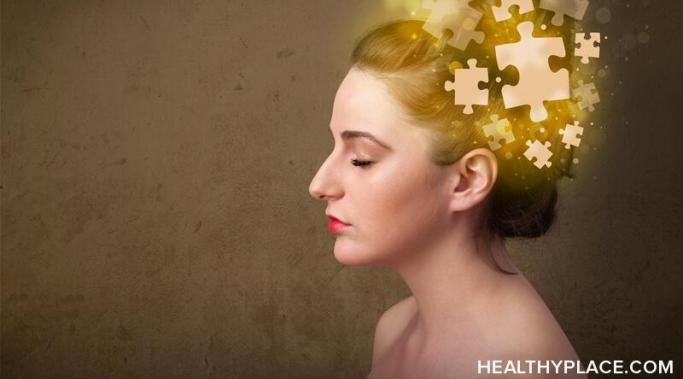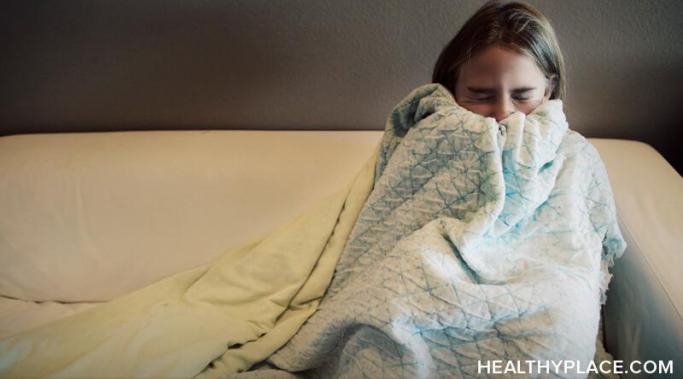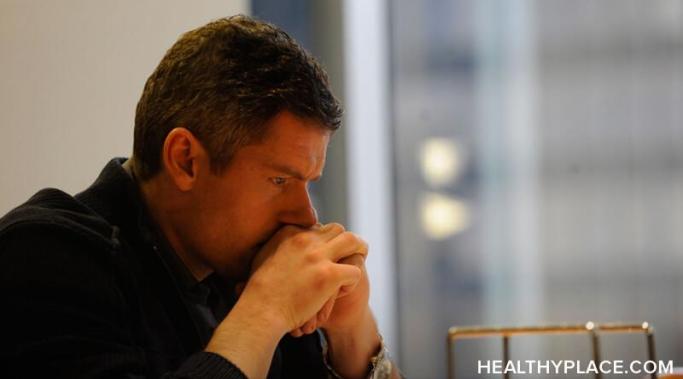Limitations in mental health recovery are real; but lately, I've been doing everything in my power to ignore my increasingly obvious limitations. I just don't want to be mentally ill anymore. I want it to go away so I can read and write and be a good wife and mother without a herculean effort. Even though I've been in recovery for years now, part of me still believes that if I just ignore my limitations and shame myself for having them in the first place, I'll be able to just breeze past them. Every time, this leads to a complete meltdown that forces me to honor my limitations, so you'd think I would know better by now, but here I am again, in meltdown mode.
Guilt
Health anxiety used to be called hypochondria, and it's a highly stigmatized mental health condition. Instead of being taken seriously, health anxiety is often reduced to being "dramatic." I have dealt with health anxiety on and off for the last seven years, and I want to share my experience so others won't have to feel as alone as I have.
Countless times, people have told me that a person can only start to heal if they are ready to do the work themselves. They can't be forced into improving their lives. Despite hearing this message over and over, part of me really thought I could convince other people to heal and "get better" if I just said and did the right thing. This probably comes from a history of being responsible for co-regulating my parents' emotions. I grew up having to say and do the right thing to maintain my worth, and for a long time, that felt normal.
Recovery from mental illness is a long, complicated path, and even though the whole point of recovery is to help us grow, it still comes with limitations, setbacks, and collateral damage. Sometimes, in the midst of all the negatives, I lose sight of the positives, lose sight of hope. And I can't help but wonder, what if I never recover from mental illness?
Let's face it: there are a lot of aspects of mental illness that can be traumatic, and mental health misdiagnosis can also be traumatic. What happens when we don't even have the mental illness we think we have? I was diagnosed with bipolar disorder six years ago, found out that diagnosis was incorrect two years ago, and now a huge part of my recovery is dealing with the fallout and trauma of that misdiagnosis.
Sometimes childhood trauma is big and obvious, but other times, it's more subtle and insidious. In my case, it took until I was well into my 20s to acknowledge that in many ways, my childhood was traumatic. For a long time, part of me knew that was the case, but I couldn't allow myself to believe it because it would mean everything in my life would change.
One of the most important things I've learned throughout my recovery is that I'm not just recovering from depression and anxiety; I am recovering from negative core beliefs about myself. Now that I have my depression and anxiety managed through medication and cognitive behavioral therapy (CBT), it's time to start changing those negative core beliefs and healing from the damage they cause.
Growing up, maladaptive daydreaming was a huge part of my life. Of course, I didn't realize it was maladaptive until I went off to college and the daydreams just sort of stopped. I missed them a lot at first, and there are times even now, several years into my recovery from depression and anxiety, that I miss my daydreams.
Many people who experience periods also experience depression in the form of mood fluctuations that can range anywhere from frustrating to debilitating. If you're like me and you're in recovery from a mood disorder like depression, these monthly fluctuations can be a real source of fear and hopelessness.
These first 25 years of my life have been defined by shame; but, for a long time, I thought what I was feeling was guilt, which is a very different emotion. Guilt is a signal from our minds and bodies telling us that something we've done does not line up with our internal moral code. It is focused on our actions, and it can be used to help us grow and become people who act in accordance with our standards. Shame, on the other hand, is a totally different beast.

